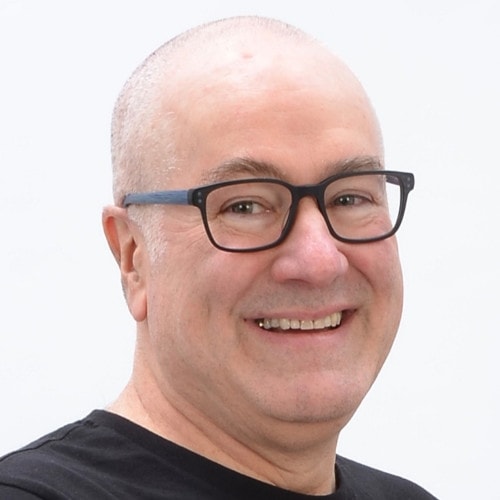Daiichi-Sankyo has ambitions to carve out a slice of the HER2 inhibitor market, and is pitting its antibody drug conjugate (ADC) against one of the incumbents – Roche’s Kadcyla – in a phase 3 programme.
The Japanese drugmaker’s has started recruiting patients into two pivotal trials of its ADC trastuzumab deruxtecan (DS-8201), one of which will pit the drug against Kadcyla (ado-trastuzumab emtansine) in HER2 positive, unresectable and/or metastatic breast cancer previously treated with Roche’s Herceptin (trastuzumab) and taxane chemotherapy.
The second trial will test DS-8201 as a later-line therapy for patients previously treated with other HER2 drugs, including Kadcyla.
DS-8201 is billed as a more potent ADC that has the characteristic of pairing the anti-HER2 antibody with a topoisomerase inhibitor – rather than Kadcyla’s tubulin inhibitor – which Daiichi Sankyo says means it can carry a greater cytotoxic payload.
Phase 1 data have revealed activity in HER2-positive breast, lung and gastric cancers, without dose-limiting toxicities that have been the Achilles’ heel of many ADC therapies to date.
Despite a couple of knockbacks in trials seeking to expand its uses into other indications such as gastric and as an alternative to Herceptin in breast cancer, Kadcyla has been an important part of Roche’s anti-HER2 portfolio with sales approaching $1bn last year – albeit well behind the $7bn and $2bn added to the company’s coffers by Herceptin and stable-mate Perjeta (pertuzumab).
Current treatment guidelines for patients with HER2 positive metastatic breast cancer recommend the combination of trastuzumab, pertuzumab and a taxane as first-line therapy, with Kadcyla approved for second-line use. If successful in phase 3, Daiichi-Sankyo’s drug could muscle into Kadcyla’s territory and provide another line of HER2 treatment in Kadcyla non-responders.
A phase 2 study of DS-8201 in patients refractory or resistant to Kadcyla therapy has completed enrolment, and if positive could be sufficient for the first regulatory filings for the drug.

Daiichi Sankyo’s Gilles Gallant
“The DESTINY-Breast03 trial is a key element of our comprehensive development strategy to determine the potential of [fam-] trastuzumab deruxtecan as a second-line therapy in patients with HER2 positive metastatic breast cancer,” said Gilles Gallant, BPharm, PhD, vice president, DS-8201 global team leader, Oncology Research and Development, Daiichi Sankyo.
“DESTINY-Breast03 will also help assess whether our investigational and proprietary ADC linker and payload technology used in [fam-] trastuzumab deruxtecan demonstrates clinical relevance when compared to another HER2 targeting ADC currently approved in this setting.”
There are other companies developing anti-HER2 ADCs, but Daiich-Sankyo’s rivals have suffered a few setbacks of late.
The FDA placed a phase 1 trial of Mersana Therapeutics XMT-1522 candidate on partial clinical hold after a patient death in the summer, although that was lifted earlier this month. Another candidate, ADC Therapeutics’ ADCT-502 – was abandoned earlier this year due to toxicity issues.




